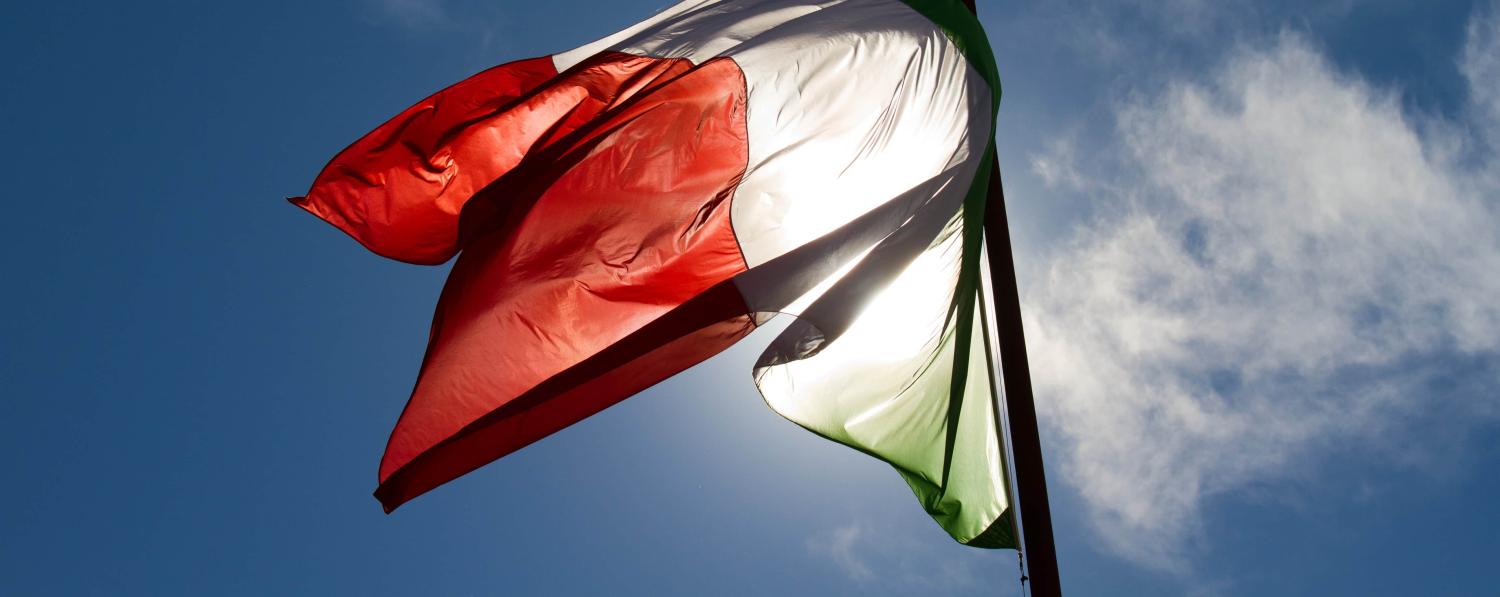Former Italian Prime Minister Matteo Renzi, newly re-elected as leader of the governing Partito Democratico (PD), was triumphant. In an attempt to force an early election, Renzi had negotiated a four-party deal for a new electoral law. The deal (approved by centre-left PD, centre-right Forza Italia, the populist ‘Cinque Stelle’ Five Star movement and the Eurosceptic, anti-migrant Lega Nord) was designed to establish a proportional representation system based on the German model. Renzi wanted the law passed quickly and new system in place to enable an early election in September, at the same time as Germany.
An early election would have meant Italy going to the polls without having to bring down a difficult budget forced by the country's obligations under EU rulings and European Central Bank constraints. Defying President Sergio Mattarella and many in his own party, Renzi argued that only political insiders cared whether the election was held in September or March. Renzi’s electoral deal was pitched to appeal to the self-interest of the four parties with the strongest voter support.
In contrast, it was bad news for the smaller parties to their right and left, many of whom are keeping the current coalition government in power. Renzi's proposed reforms would establish a threshold where to win any seats a party must gain a minimum of 5% of the vote. One of the casualties would be the small party of Angelino Alfano, now Minister of Foreign Affairs. He was Renzi's deputy when he was Prime Minister – Alfano's prize for splitting with Berlusconi and Forza Italia. Now the minor parties are angry at what they see as a betrayal, given their loyalty.
The electoral pact was condemned by the 91-year-old Giorgio Napolitano, Italy's respected former President; the founder of PD and former Rome Mayor Walter Veltroni; and former PD Prime Ministers Romano Prodi and Enrico Letta.
Other key figures within PD came out against the deal, and Five Star was accused of ‘ratting' on the agreement. The deal collapsed, with recriminations all around. Once again Renzi's reputation has taken a battering and he was publicly mocked for premature celebration.
So, what does all this mean?
Barring some ‘parliamentary incident’ there will be no national elections in Italy until next year, probably in March. Even Renzi has publicly acknowledged this: ‘It was only right to try but now the game is closed. Now we have a horizon of almost a year before the vote’.
With the deal collapsing, the current coalition government, led by Prime Minister Paolo Gentiloni, Renzi's mentor and proxy, will most likely continue in office until the end of the term. It still faces budget challenges but perhaps less severe than expected, thanks to recent negotiations with the European Commission and Italy’s GDP growth being above expectations. Meanwhile, PD and Five Star continue to run neck-and-neck in the polls.
Voter support for Five Star terrifies business, but the likelihood remains that the next government of Italy will continue to be a centrist coalition, this time likely to include Forza Italia – a ‘grand coalition’ designed to lock out Five Star. This will put the wily Silvio Berlusconi into a powerful king-maker role. Carlo Calenda, the Minister for Economic Development, is believed to be Berlusconi's first choice as Prime Minister, with Gentiloni second. If Renzi, as PD's leader, is blocked from returning to the prime ministership he may try to bring down the coalition to force a second election. The resulting chaos would favour Five Star.
However, key insiders predict that Paolo Gentiloni could well remain as a compromise Prime Minister after the next election. Unlike Theresa May, his actions match his ‘secure and stable’ image and reputation. May's example is also making political leaders around Europe warier about the risks of snap elections, no matter what the polls might say.

